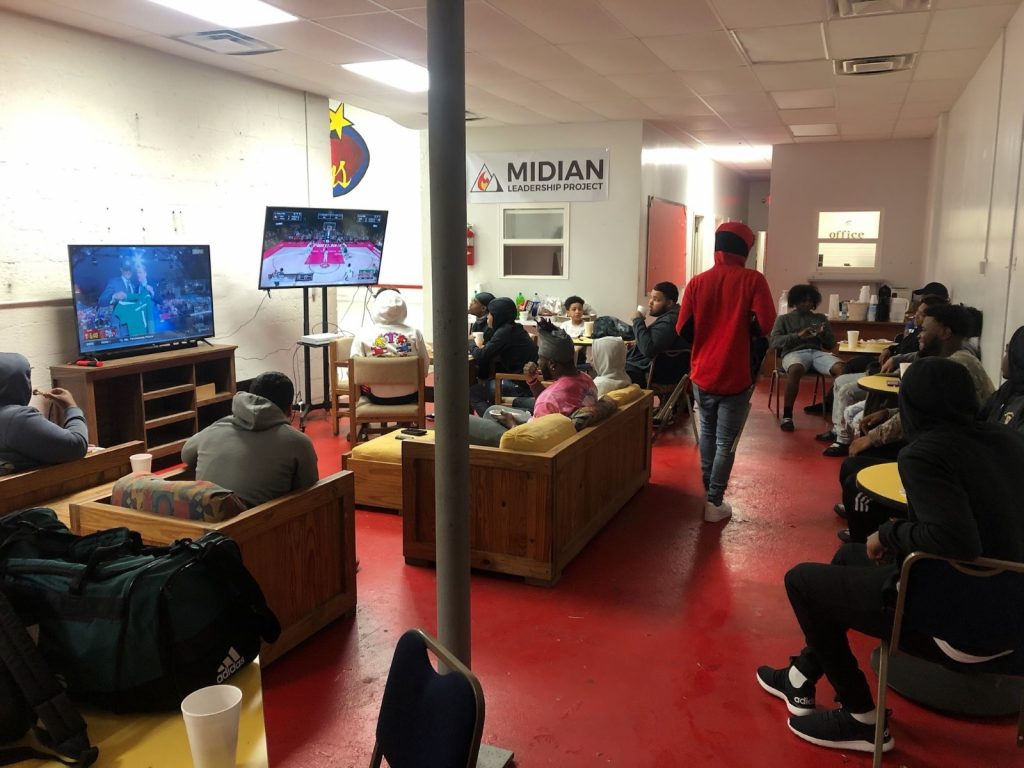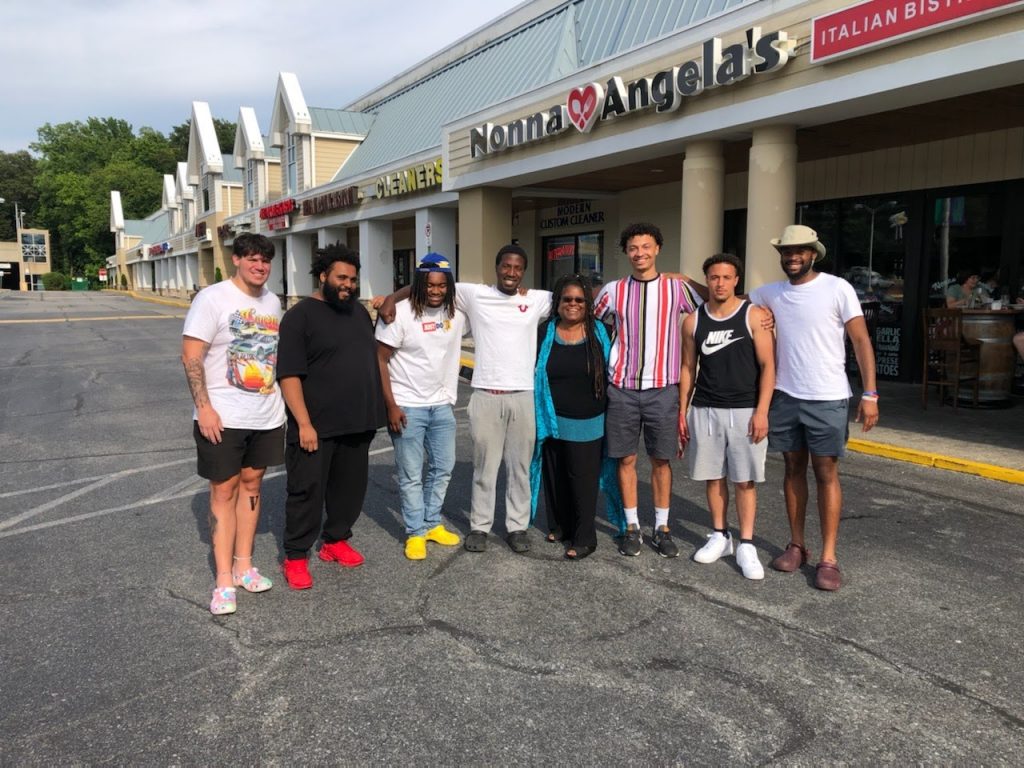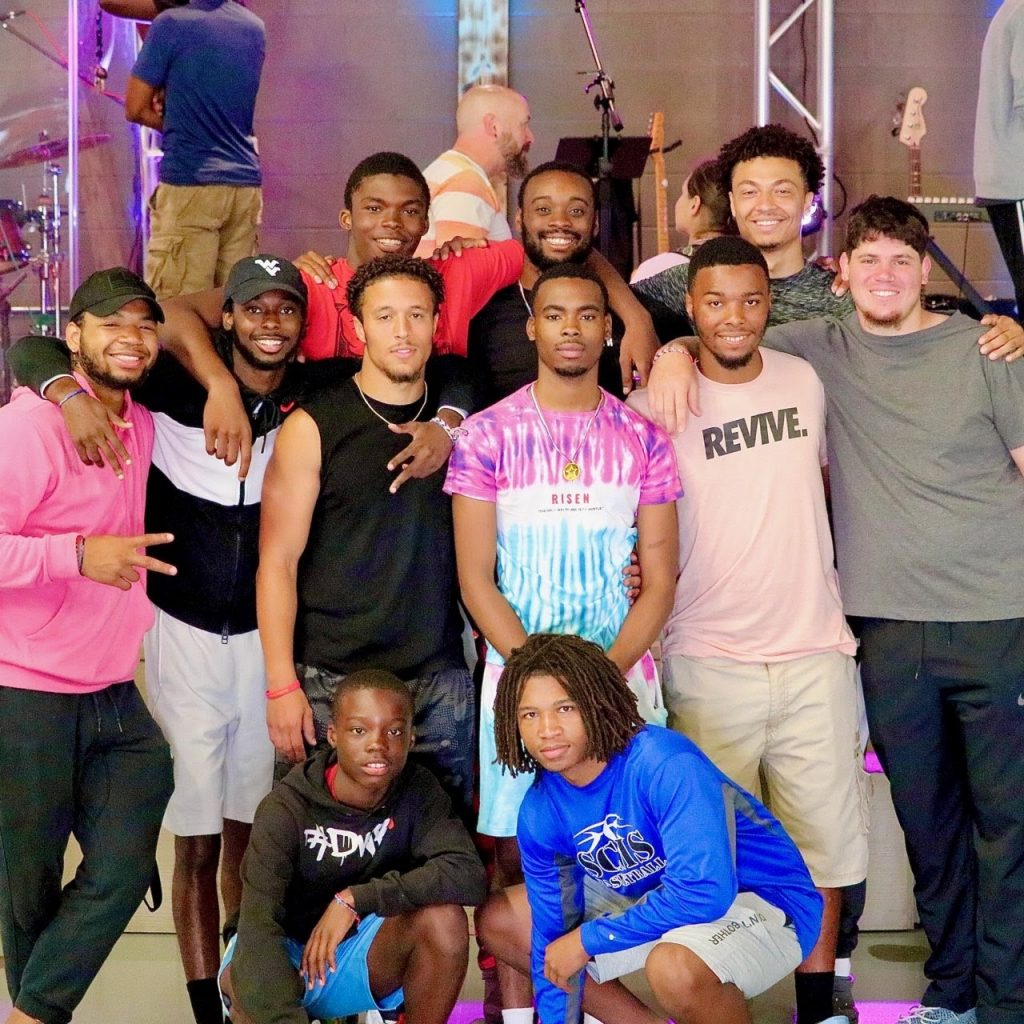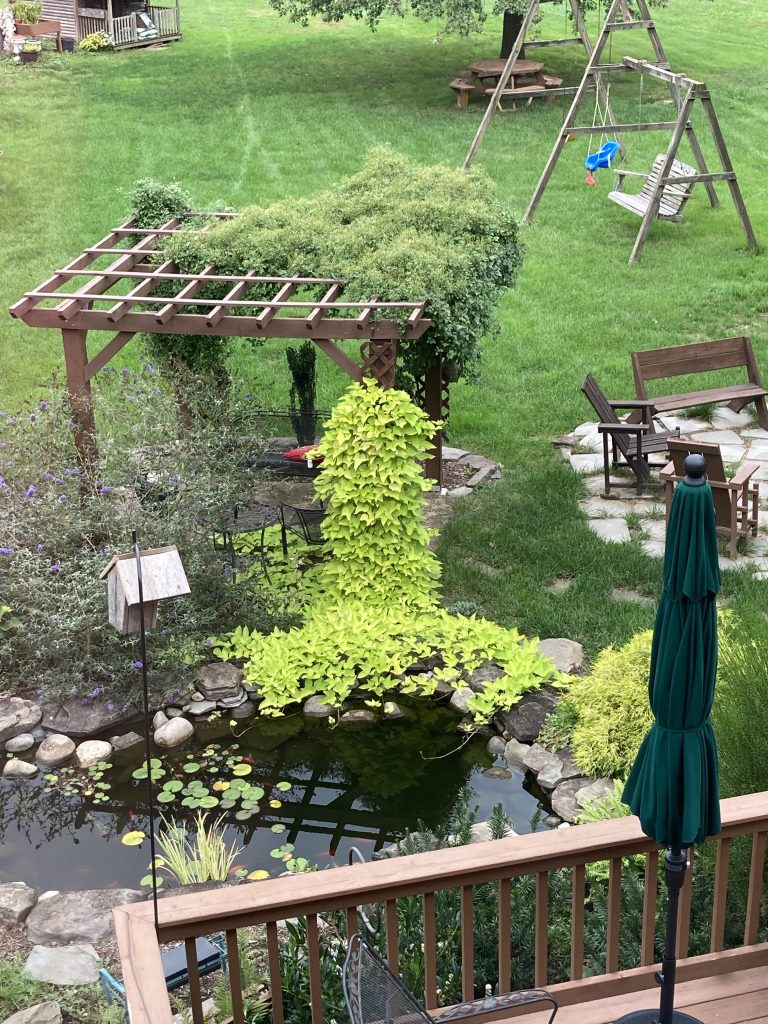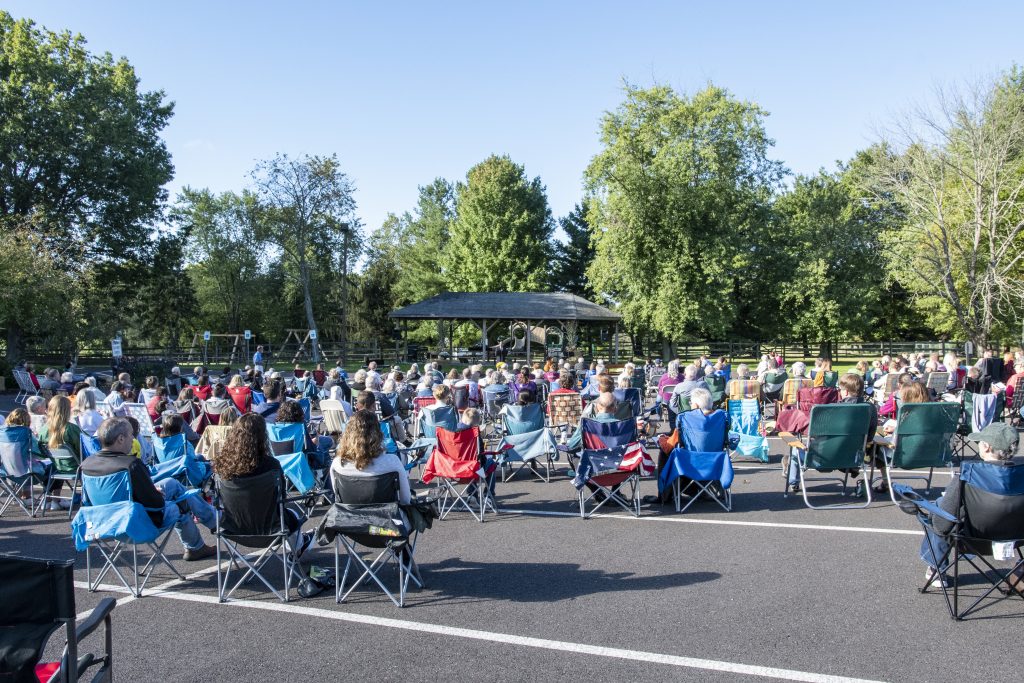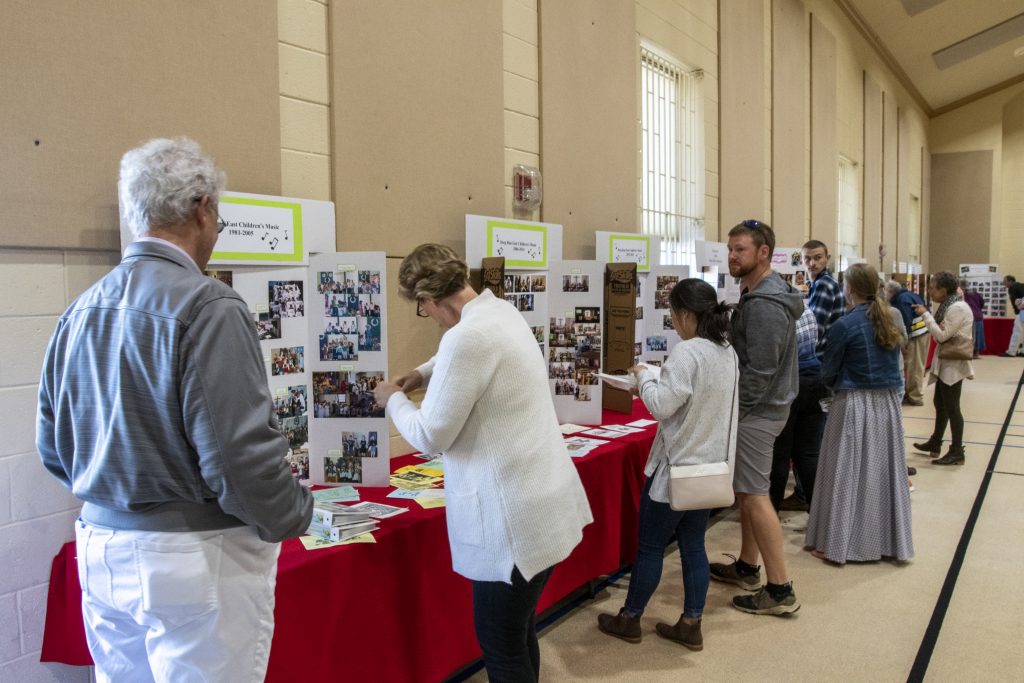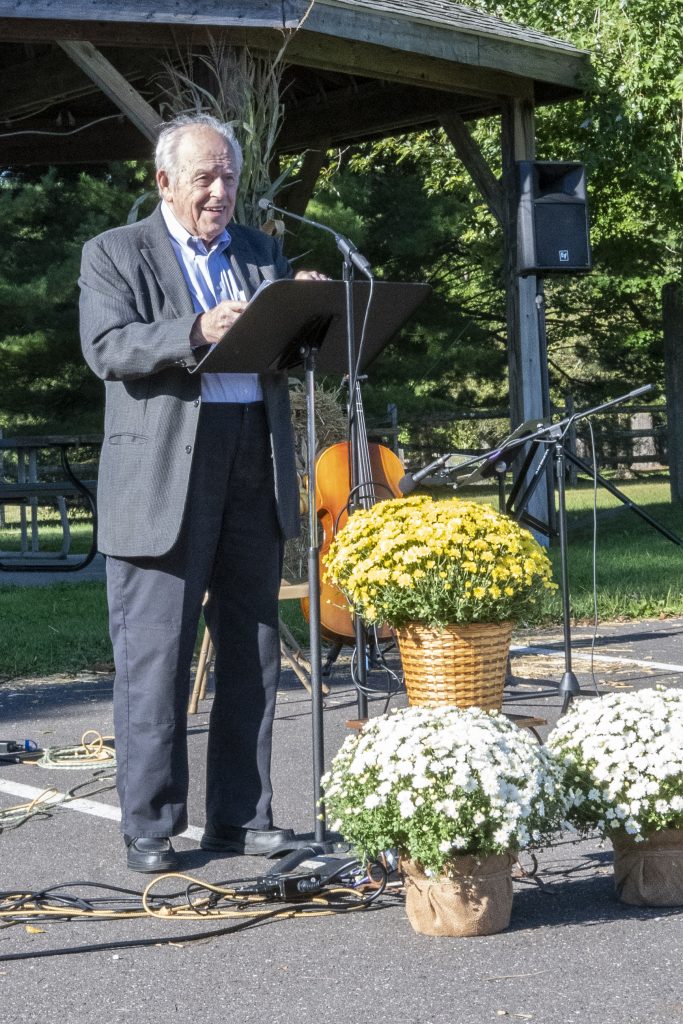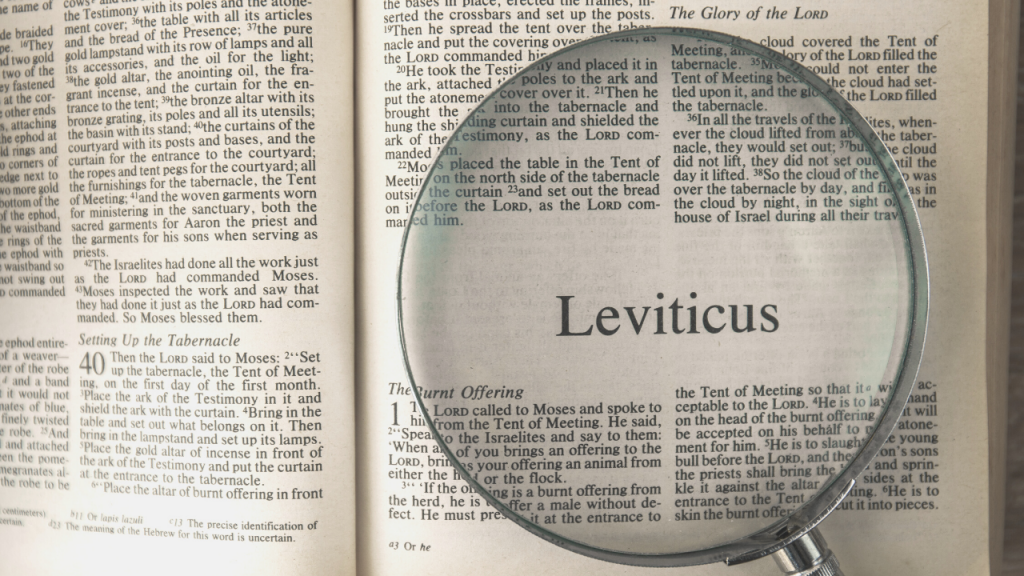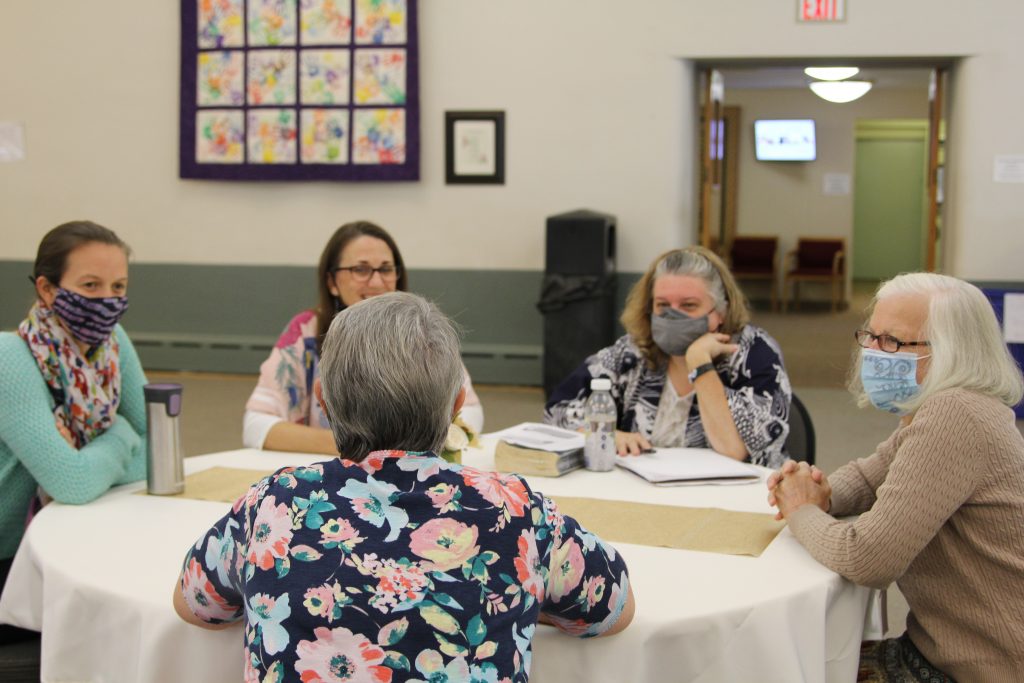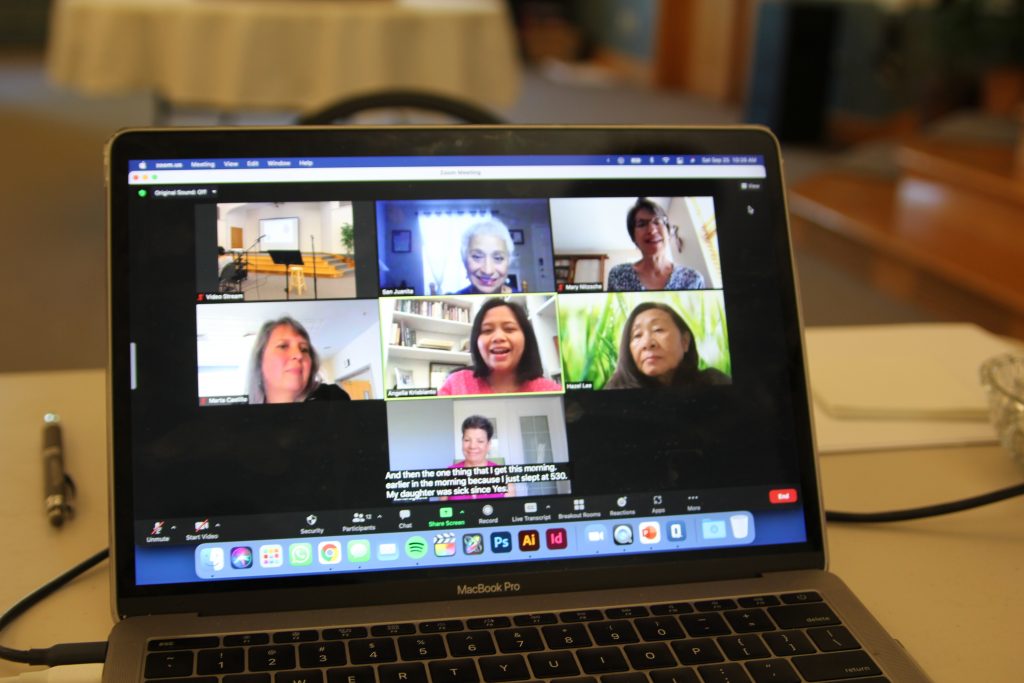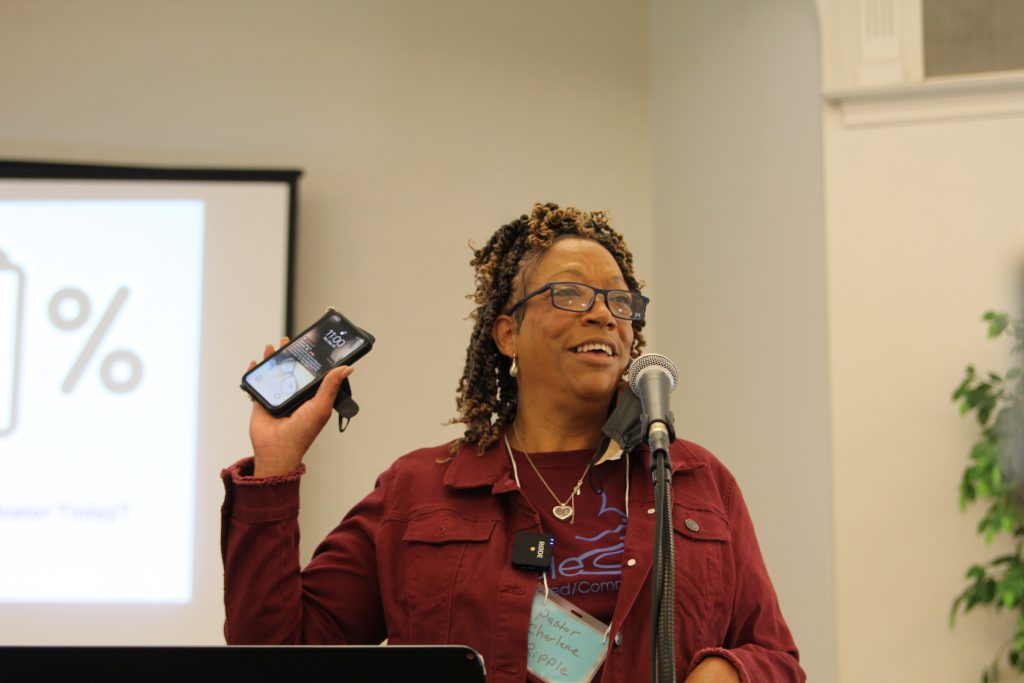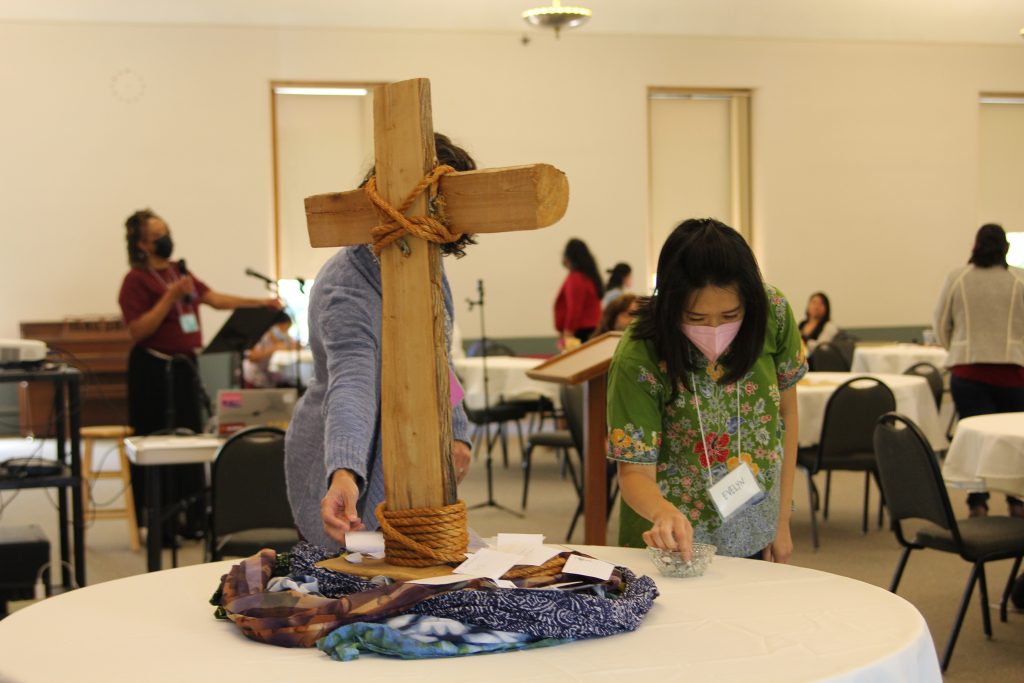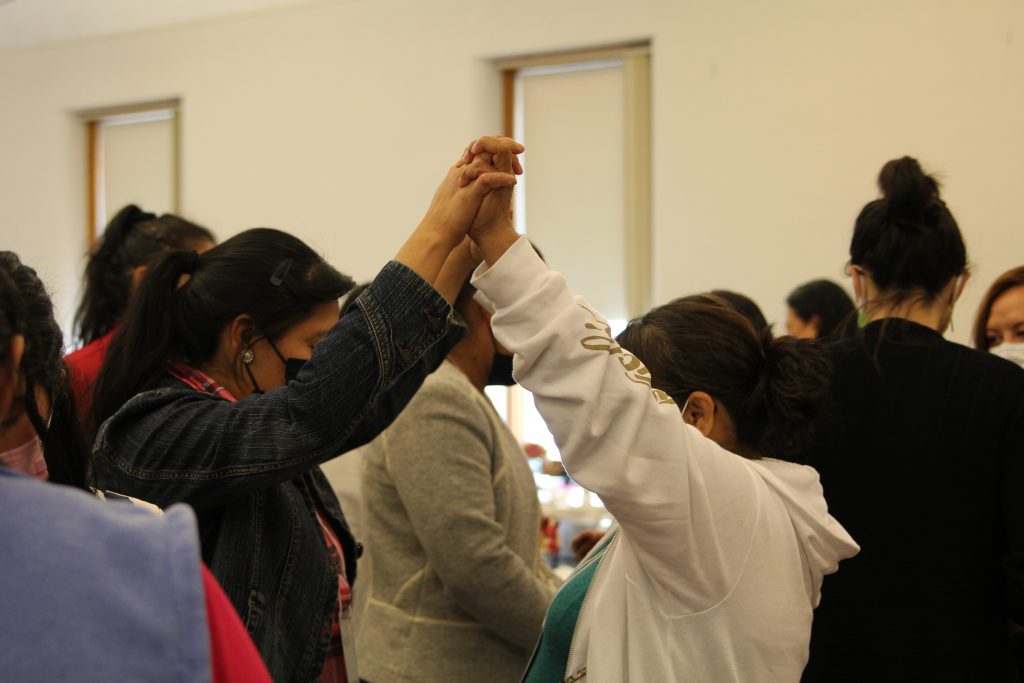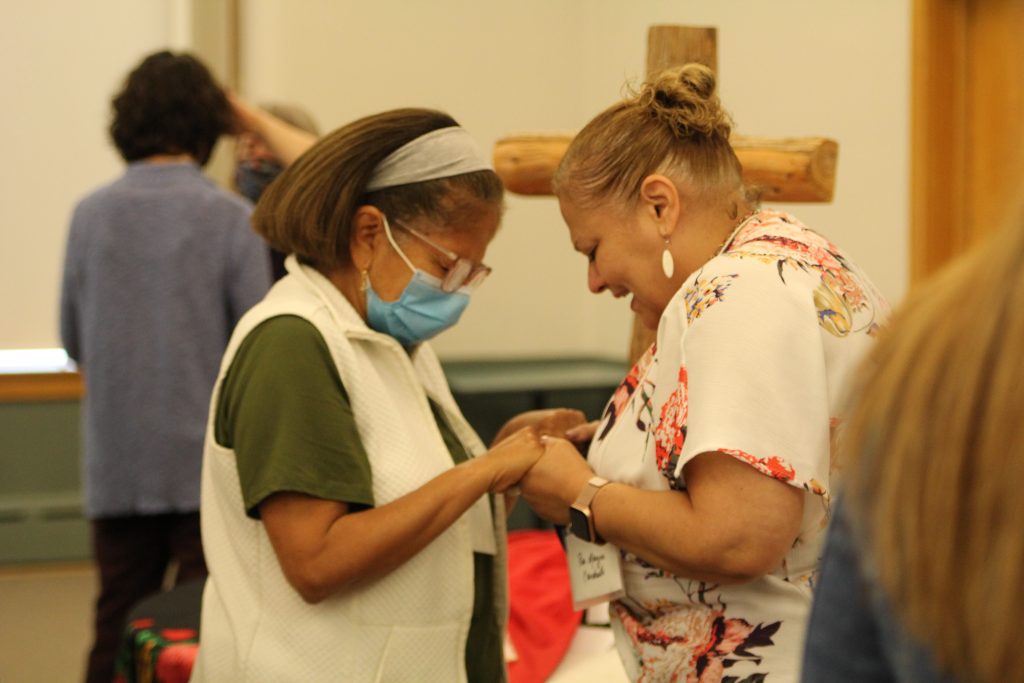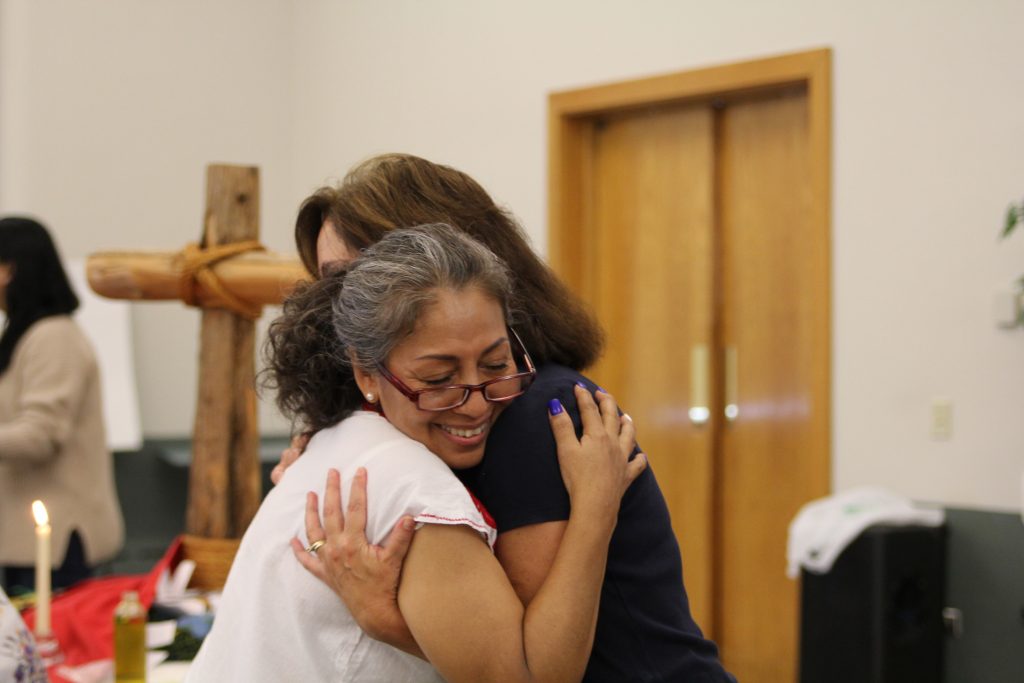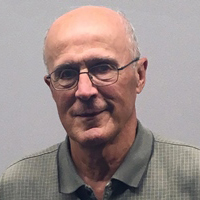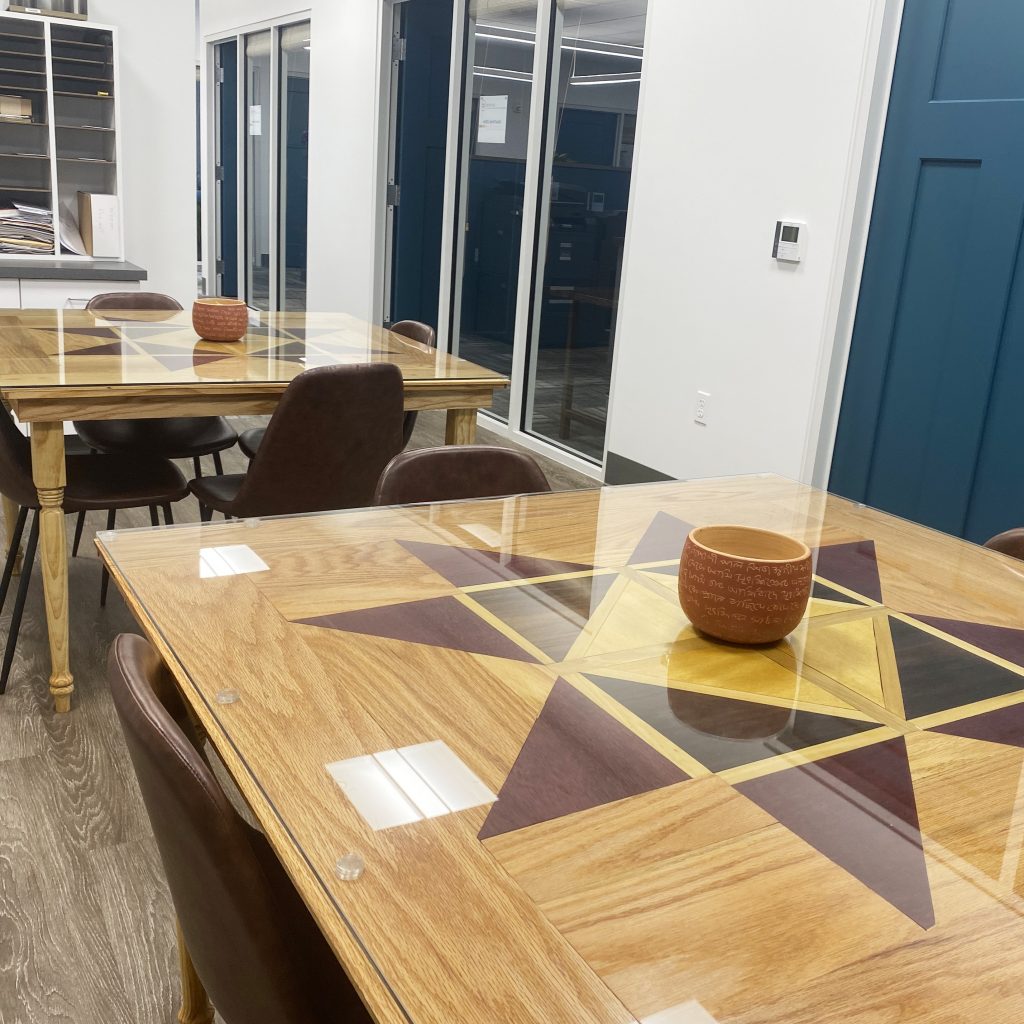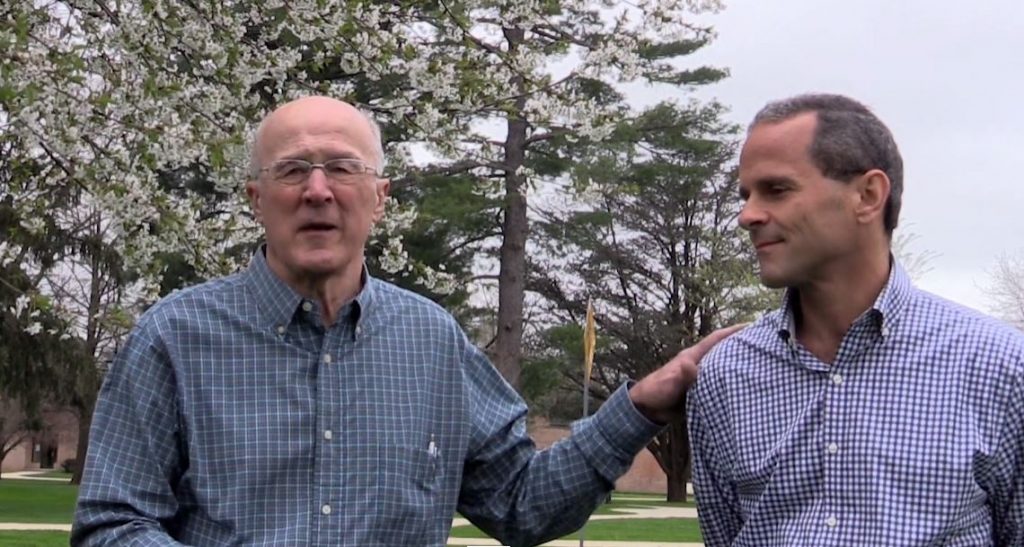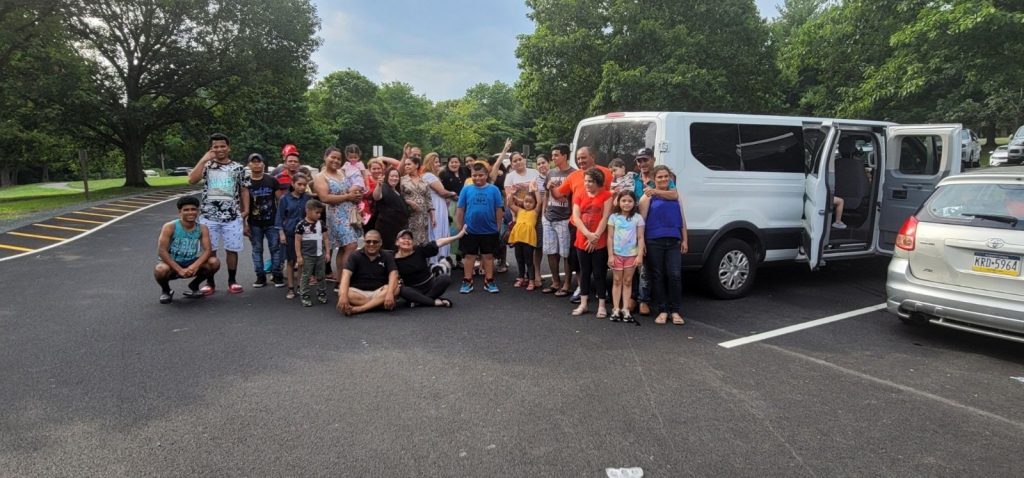“A young person can find a great mentor in a work training or football program, but youth need people who stick with them throughout the transitions in their lives,” says Rev. Dr. Jeff Biddle, Jr, founding director of the Midian Leadership Project. Midian Leadership Project is unique in the Charlestown, WV area, because the program walks with young people from middle school until they are stable and on their feet in terms of education, employment, and housing.
“A longitudinal approach to mentorship takes a lot of investment, and there will be bumps in the road when supporting a young person in resisting and overcoming the systemic forces that are against them,” shares Biddle. “Mosaic Mennonite Conference has wisdom about how we can do that better.”
Based in the West Side of Charleston, WV, Midian Leadership Project seeks to develop community leaders through educational, family, and faith support, anchored in sports-related programming, for young people ages 10 to 25. The nonprofit organization will be welcomed as a conference-related ministry (CRM) during the Conference Assembly on November 6, 2021.
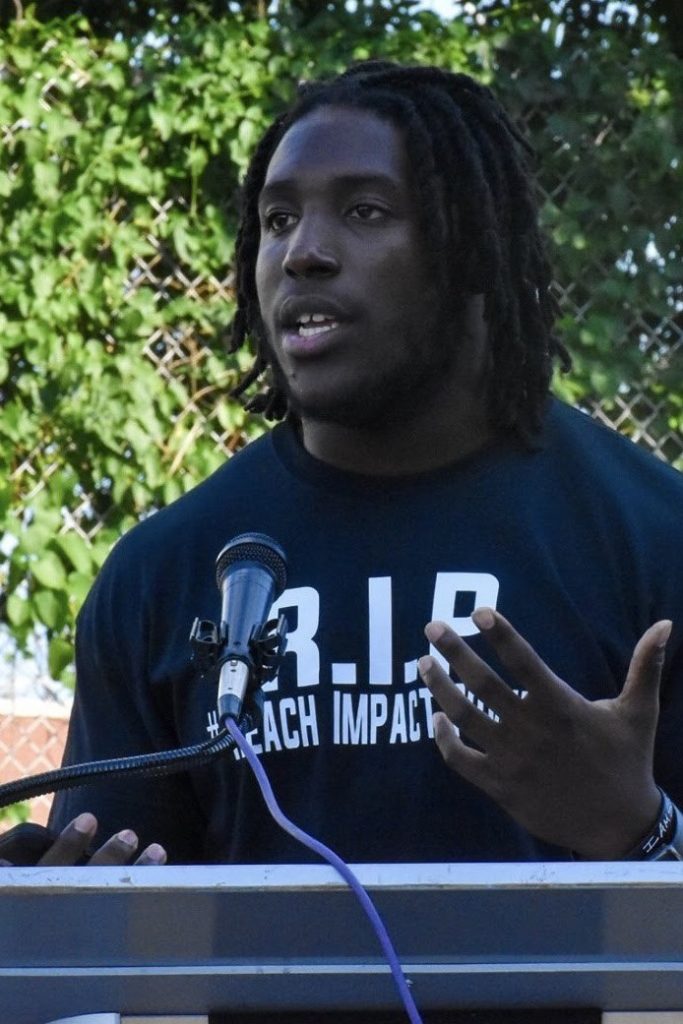
Midian Leadership Project grew out of a church youth fellowship. Isaiah Mason grew up within the youth group that birthed Midian Leadership Project, and now is a leader there, preaching and working in maintenance. “We wanted to make it something the rest of our community could be a part of,” reflects Mason. “It’s a place that fills any gap in a kid’s life, where they can have a safe place to get something to eat and have someone truly listen to them.”
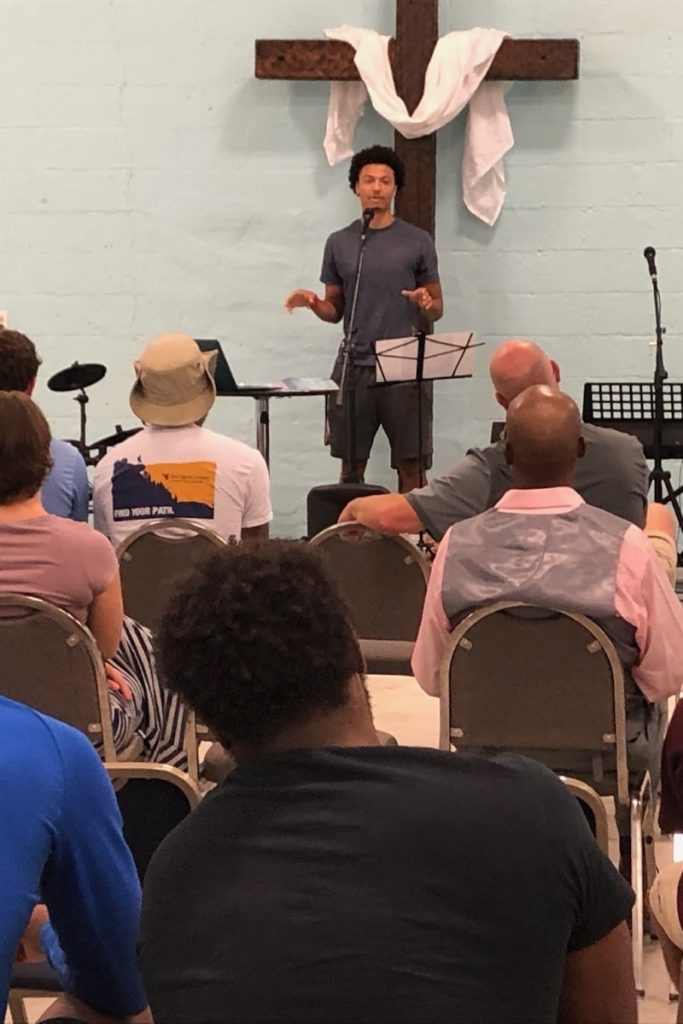
Isaiah Mason preaches a sermon at New Hope Community Church. Photo provided by Midian Project.
Mason was an intern with the Summer Service Program in 2021, through Mennonite Central Committee (MCC) and Mosaic Conference, and is studying to become a youth pastor. “It was great to meet other interns that were also serving in church ministries,” recalled Mason. “We were able to share our experiences and viewpoints, and stay connected for the future.”
Midian Leadership Project’s name is drawn from the story of Moses, who found hospitality and space to grow at Midian, before embarking on his God-given mission. For young people who struggle to navigate broken and hostile environments, sports are an essential “Midian”—an oasis to rest, mature, develop leadership, and listen for God. “There is science behind the power of athletics for trauma healing,” says Biddle. “Young people want to participate in sports, and it takes only some intentionality to engage in the healing power that is within athletics that our community really needs.”
For young people who struggle to navigate broken and hostile environments, sports are an essential “Midian”—an oasis to rest, mature, develop leadership, and listen for God.
Prior to this year, Midian Project’s outreach took place in homes, basketball courts, and a rented space. But the core leaders had a dream to purchase a building across from the local middle school. They were able to do so in February 2021, and have been in the process of renovating what the youth call “Safe Haven.” They are still raising funds to complete the renovations.
“God is doing wonderful things here, particularly through the young people who have committed themselves and have stepped up miraculously,” shares Biddle. They have spent the past eight months raising money, going in front of the county commissioners, and learning everything that goes into opening a community center.”
“As the Midian Leadership Project has grown, our vision has gotten wider and wiser,” shares Turan Rush, founding deputy director, and currently captain of the football team at Eastern Michigan University. “This will be a tremendous place for the community, so that youth can have the resources to better themselves, learn to be leaders, prepare for college, and better the community. We have so many ideas for growth.”
It was members of the Midian Leadership Project’s interest in restorative justice that first drew them to connect with Anabaptists. They met with Dr. Drew Hart who pointed them toward Mosaic Conference. “So much of what our leaders want to accomplish, from the reduction of interpersonal violence in their neighborhoods, to criminal justice reform, to ending the school-to-prison pipeline – there are Anabaptist leaders with skills and experience in these areas,” shares Biddle. “Mosaic Conference speaks that language, and they are good people to have walking alongside us as we do this work.”
Midian Leadership Projects asks for the prayers of Mosaic Conference, particularly for their new building project, which is “a game changer for their neighborhood,” as well as leadership and perseverance of the young people as they take this next step God is calling them to.

